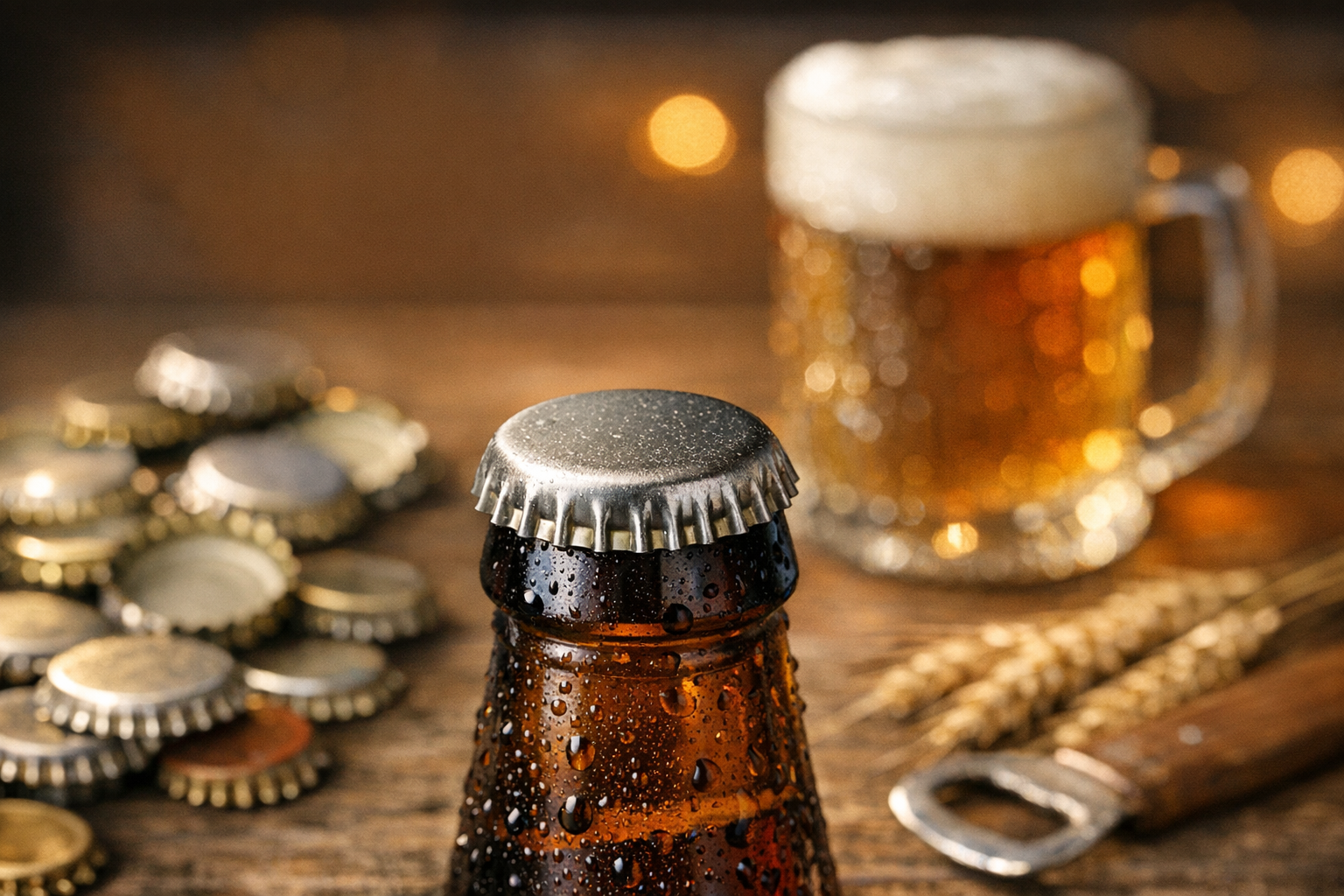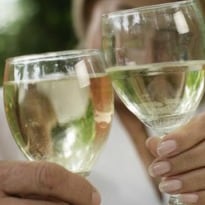Growing market for lower-alcohol, lower-calorie 'lifestyle wines' prompts seven-year investment by government and industry
Not content with its reputation for zingy sauvignon blancs, smooth pinot noirs and competitively priced fizz, New Zealand has announced its intention to become the world's leading producer of decent wines for the discerning but diet-conscious drinker.
With a thirsty eye on the growing market for "lifestyle wines" - those with fewer calories and lower alcohol levels - the government has decided to pour NZ$8.13m (£4m) into the quest for viticultural and oenological supremacy.
The seven-year investment will help fund a NZ$16.97m (£8.5m) "world-leading" research programme put together by the ministry for primary industries and the New Zealand wine industry.
Philip Gregan, the chief executive officer of New Zealand Wine, said the joint project would produce "tangible outcomes" not only for the grape and wine industries, but also for the country's economy. "This programme will capitalise on the domestic and international market demand for high-quality, lower-calorie and lower-alcohol 'lifestyle' wines by developing new, natural techniques for grapevine growth and wine production utilised across the New Zealand wine industry," he said.
"Our point of difference will be producing premium wines that can be naturally produced using sustainable viticultural techniques and native yeasts - providing an important point of difference to existing processing methods."
The announcement comes amid growing consumer appetite for lower-alcohol wines. A study conducted over the summer in the UK, the US, Canada, Denmark, France, Germany, Sweden and Switzerland showed that 38% of wine drinkers - or more than 80 million people - were buying wines with alcohol levels below 10.5%.
Natasha Rastegar, a senior project manager at the market research and strategy company Wine Intelligence, which carried out the survey, said the popularity of low-alcohol wines was chiefly down to their lower prices.
"Some may also be motivated to buy lower-alcohol wines thanks to the health benefits of less alcohol and specifically because of there being fewer calories per glass," she said. "In the UK for example 21% of regular wine drinkers choose lower alcohol because it's cheaper than standard wine, whilst 20% choose it because it has fewer calories."
The main challenge for wine producers, said Rastegar, was finding a way to improve the quality and taste of lower-alcohol wines.
Justin Howard-Sneyd, a master of wine, wine-maker and global wine consultant at Laithwaite's, agreed there was a demand for wines with less alcohol after decades of wines getting stronger.
"Alcohols in wine in the last 30 years have gradually crept up and I think the reason for that is the riper the grape is, the juicier it tastes and the resulting wine - the 14-degree [14%] wine - tastes richer and fuller-bodied and more appealing than a 12-degree wine from the same grape," he said. "So wine-makers across different countries have been finding it easier to sell more alcoholic wines because of the taste preference."
But, he said, people were beginning to give more thought to what - and how - they drank.
"They're starting to realise that the wine they're consuming is of a higher alcohol level than perhaps they were used to and perhaps they were consuming more wine than was good for their waistline and their health. People are thinking of ways to drink a bit less: either drink better wine but less often, or drink the same amount of wine but lower alcohol."
The difficulty, he said, was finding pleasant-tasting wines below 10 degrees: producing a wine with lower alcohol levels meant the maker had either to use grapes that were not fully ripe - risking an unbalanced wine - or take some of the alcohol out of wine made with fully ripened grapes, which could yield a "slightly engineered" wine.
"It's a very interesting move from the New Zealand government," said Howard-Sneyd. "If they can produce very delicious tasting, high-quality wine that has low alcohol levels, I think that will be welcomed by the industry and by customers because there definitely is some demand for wines that aren't quite so alcoholic - but it is a challenge."
Photo: The level of alcohol in wines is thought to have crept up in recent years. Photograph: STOCK4B GmbH/Alamy








